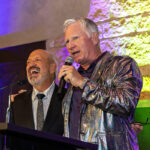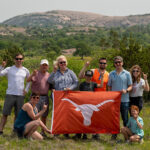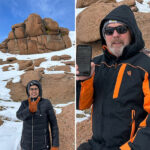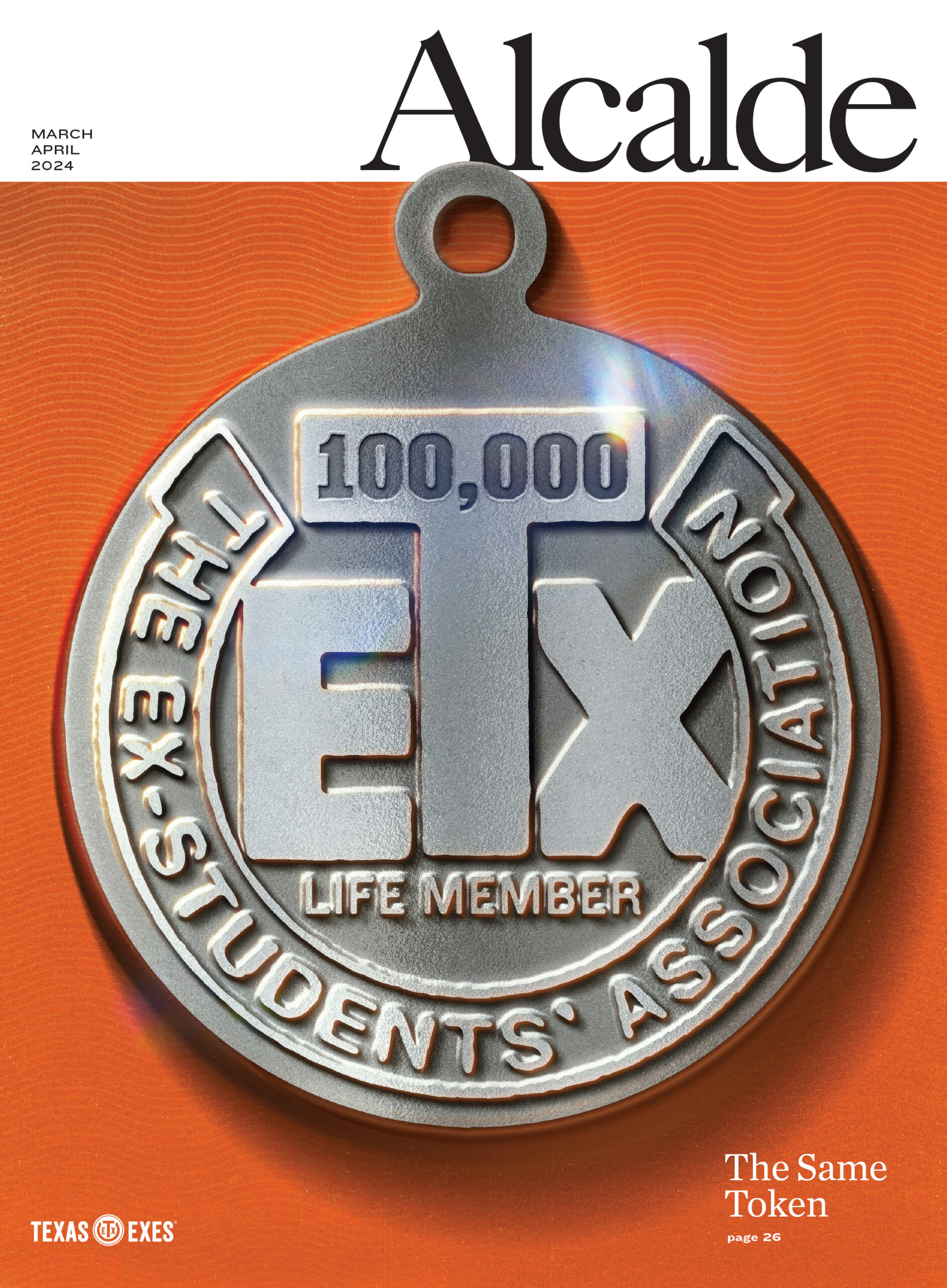Robert Gates Stresses Study of History at Clements Center Gala
As the group broke for lunch, Bush went around the table—which included Vice President Dick Cheney, Secretary of State Condoleezza Rice, Secretary of Defense Robert Gates, and Chairman of the Joint Chiefs of Staff Peter Pace—and asked everyone what book was on their nightstand. It turned out all but two of the 25 lunch guests were reading history books.
“The fact that all of them were reading history was very compelling for me,” said Inboden, who holds a PhD in history from Yale University. “And I thought, ‘You know, there’s an opportunity here where policymakers at the very highest levels love to read history, and yet, most history scholars aren’t speaking to them very much. How can we help bridge that gap?'”
Fast-forward six years, and Inboden serves as the executive director of the Clements Center for History, Strategy, and Statecraft, and a photo of the guests at that influential lunch table hangs in his office. The new UT center was founded almost a year ago and works to bring together students, history scholars, and national security scholars and policy makers to train leaders in national security and diplomacy. It is named for former Texas Gov. William P. Clements, who also served as Deputy Secretary of Defense under presidents Nixon and Ford.
The Center held its inaugural gala dinner last week, which raised more than $500,000 and featured Gates as the keynote speaker. Gates also holds a PhD in history.
“As defense secretary, studying and understanding history was a critical component behind the advice I gave and the decisions I made,” said Gates during his remarks at the gala. “We need more history in our statecraft because too often in recent decades, the U.S. has asserted itself into or stumbled into parts of the world with little or no understanding of the places or people we were dealing with.”
The center is still in its early stages, but it’s already organized two conferences exploring different aspects of how history shapes foreign policy, funded one doctoral and one post-doctoral fellowship, launched an intelligence studies project partnership with UT’s Strauss Center and the National Security Agency, and is planning a conference in London for next year. The funds raised from the gala will support additional fellowships and conference planning. Inboden said he and his colleagues also hope to build a history and national security portfolio for graduate students interested in pursuing careers as national security scholars or policymakers.
This summer, the center is organizing a one-week seminar that brings together PhD students from all over the country for a deep dive into bridging the gap between academia and government leaders.
“We just think it’s a great opportunity for PhD students at other universities to work with us on how to make their historical research more relevant to policy issues,” said Inboden. “And some of them may actually want to go on to careers as policymakers, especially with the academic job market being rather meager. We want to help equip them for that if they want to move to Washington once they finish their PhD. Or if they have aspirations in academic careers, we want our summer seminar to help train and equip them to make their research relevant in policy.”
In his remarks, Gates pointed to the Iraq and Afghanistan wars and Syria and Iran as examples of how leaders can draw on history to understand context and make better decisions.
“One of my favorite sayings is that experience is what enables you to recognize a mistake when you make it again,” Gates said. “And to experience, I would add history as well, and that’s why institutions such as the Clements Center are so important. Because it’s impossible to craft sound strategies and practice effective statecraft, to deal with the toughest national security challenges, without understanding their history and their context.”
Above: Former Secretary of Defense Robert Gates and Clements Center Director William Inboden.
Photo courtesy of Jim Innes.


















No comments
Be the first one to leave a comment.